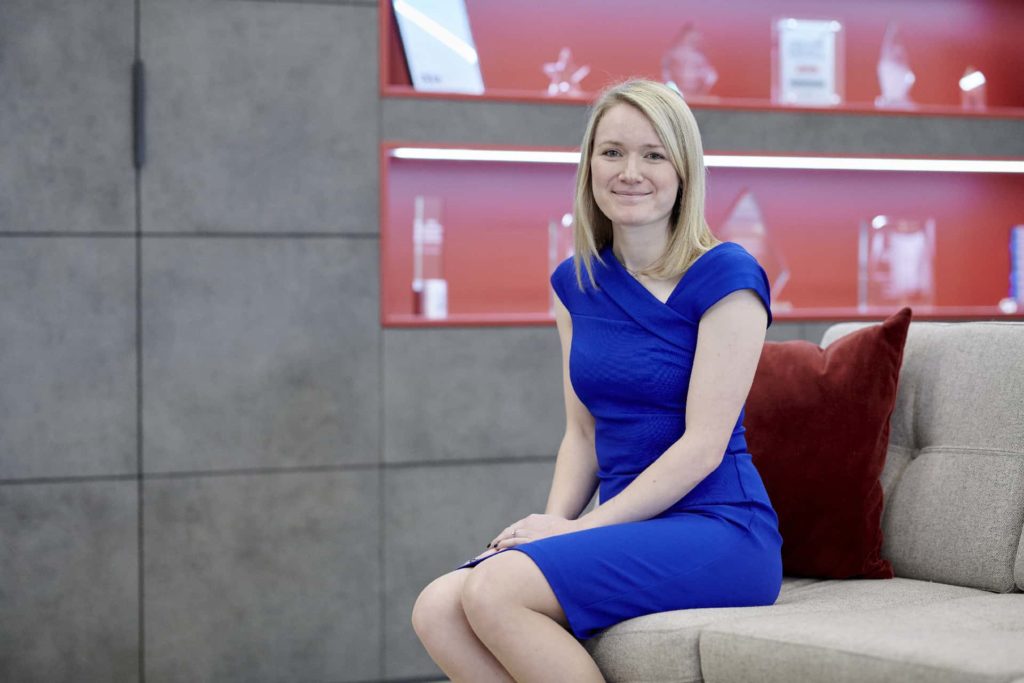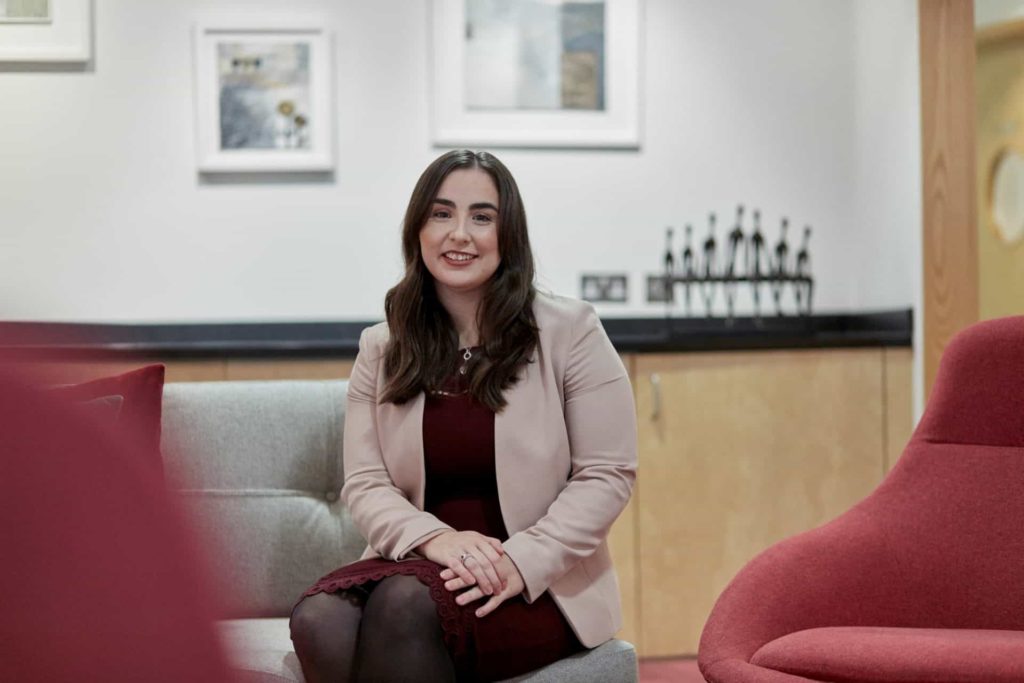
Can a solicitor receive a gift from their client’s will? Considerations for a charity beneficiary


Every now and then, an estate comes along where you notice the solicitor administering the estate, has also been left a gift in the will.
These occur very infrequently, but it does highlight the importance of reading the will clauses very carefully. The solicitor may have a common name, so it could easily be missed.
Initially, it may seem concerning to see that a solicitor who drafted a will has included a benefit to themselves. Understanding what the guidance says can help a charitable beneficiary know what they need to do.
What does the SRA guidance say?
You might assume that there is robust guidance from the SRA on solicitors accepting a gift in a will. However, that is not the case. The updated 2019 SRA Code of Conduct does not refer specifically to the situation where the solicitor is preparing a will that benefits themselves or someone connected to them.
For that, you have to rely on the relevant SRA Principles, as well as relevant sections in the Code of Conduct for Solicitors. Solicitors are expected to apply the standards of professionalism described in the SRA Codes of Conduct. A solicitor must act with honesty and integrity and in the best interests of their client. They must not abuse their position and take unfair advantage of their client and they must not act if their interests conflict with those of the client.
The guidance in Scotland
The guidance is much clearer cut across the border. The Law Society of Scotland's guidance states solicitors must not write a will for a client where they will benefit from that will. Exceptions include writing a will for a spouse or parents, but generally, the solicitor must advise the client to use another firm of solicitors.
SRA guidance (updated in November 2019) provides that where a client wishes to make a gift of 'significant' value to their solicitor (or someone connected to them), the solicitor must first satisfy themselves that the client has taken independent legal advice with regard to making the gift.
Paragraph 6.1 of the Code requires the solicitor not to act if there is an own interest conflict or a significant risk of an own interest conflict. In a situation like this, they will usually need to cease acting if the client does not agree to take independent legal advice.
The SRA ethics guidance on the preparation of wills does not provide any indication of a monetary amount that would be considered as ‘significant’.
The Law Society guidance suggests that the following gifts would be considered significant:
- Anything worth more than 1% of the client's current estimated net estate.
- Anything that might become more valuable at some point in the future, especially after the death of the client.
- Anything that provides a benefit to an individual that is more valuable than their relationship to the deceased reasonably justifies.
In a recent case I dealt with, a solicitor was left a gift of £200,000 which equated to 1.5% of the estate. The solicitor was able to show that the deceased obtained independent legal advice and was free of any influence.
What can charities, as beneficiaries, do?
It is important to mention the gift to the solicitor at the outset, in order to protect your position as legacy officers. You can say that you have noted that a gift has been left to the solicitor and that there is specific guidance on this provided by the Law Society. You can ask for confirmation that the legator obtained independent legal advice and followed the correct procedure. If the solicitor has acted appropriately and followed the correct procedure, then it should be easy for the solicitor to demonstrate that all the relevant Codes of Conduct were followed. You can then make a note on your file confirming the position. In the vast majority of cases, the correct procedure will have been followed. The position would be different if an unregulated provider drafted the will. In that case, it would be a good idea to check the position with any other professional bodies they may be affiliated with (such as the Institute of Professional Willwriters).
A cautionary note
A cautionary note though. If it ever arises that independent advice was not sought, and there is no obvious link between the legator and solicitor, then the case of Wintle v Nye [1959] 1 WLR 284, stands as legal precedent. This case stemmed the flow of solicitors regularly writing themselves into wills. The House of Lords decided that a testatrix did not know and approve those gifts in her will which benefited the solicitor who had prepared the will for her, although the rest of the will was admitted to probate. So, it is always advisable to query the gift in the first instance to ensure the estate is administered correctly.
If you have any questions about this, please contact Charity Executive Andrew Salmons.

































